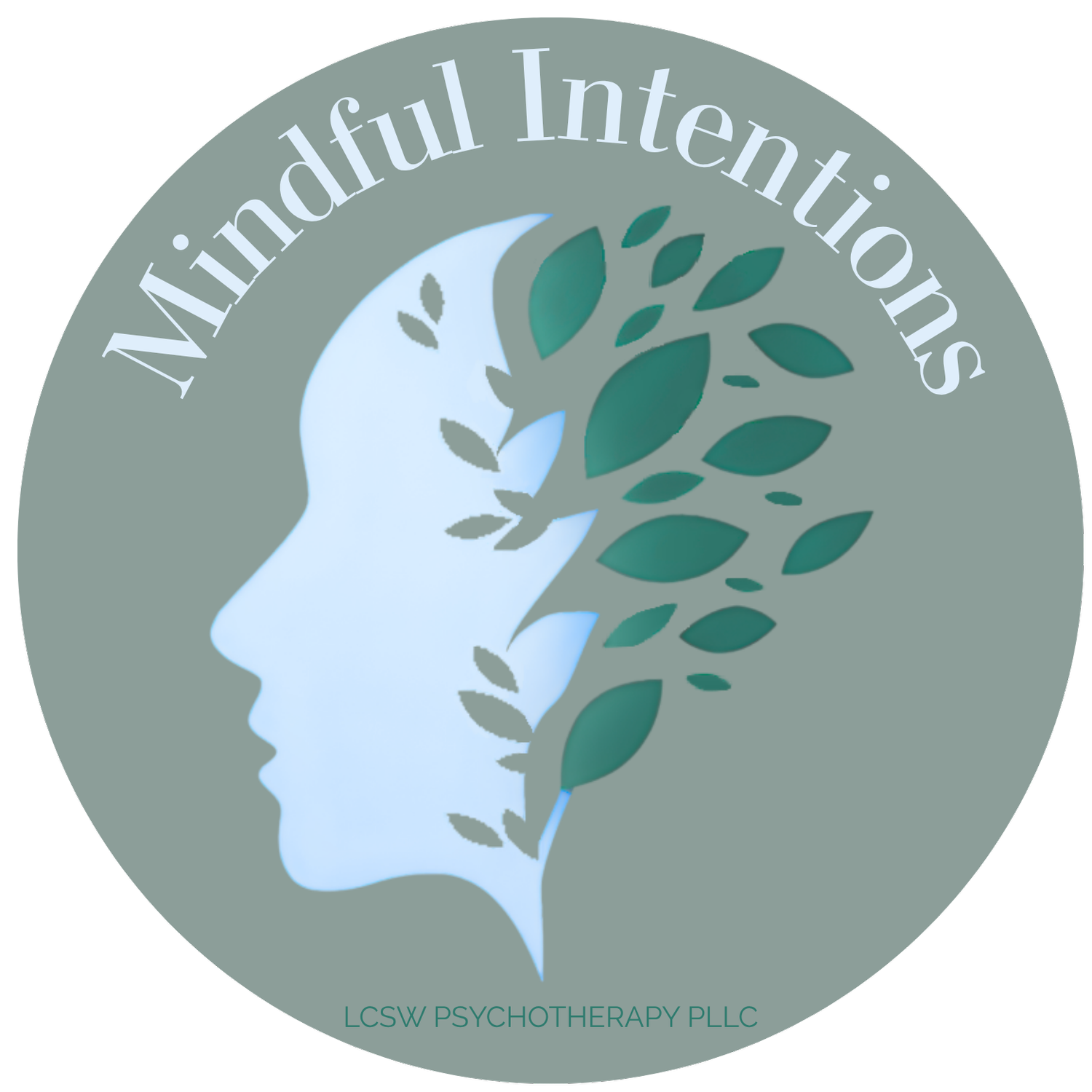Adjustment to End of Life
Facing the end of life—whether your own or that of someone you love—brings up a wide range of emotions that are deeply human and often overwhelming. It’s not just about preparing physically, but also coming to terms with what life has meant, what may be left unresolved, and how to cope with uncertainty or loss of control. Many people experience grief, fear, sadness, anxiety, anger, regret, or even guilt, while others may feel a sense of peace, gratitude, or clarity. These emotions can shift daily, or even moment to moment, and it’s completely natural to feel conflicted or emotionally exhausted.
Mentally, the end of life can bring a deep re-evaluation of identity, relationships, spiritual beliefs, and personal legacy. Some struggle with isolation, especially if others are uncomfortable talking openly about dying. Others feel pressured to “stay strong” or protect loved ones from their emotions, which can add to the emotional weight. Therapy offers a space where nothing needs to be hidden or fixed—just heard, held, and honored. Whether you’re looking for meaning, emotional support, coping strategies, or simply someone to sit with you in what you’re going through, therapy can help you navigate this time with more ease, dignity, and connection.
How We Can Help
When working with the emotional impact of end of life, therapy becomes a space where you don’t have to pretend, protect others, or rush through what you’re feeling. Whether you're the one facing a terminal diagnosis or you're supporting someone who is, this process is centered on honoring your experience, addressing emotional pain, and helping you find peace, clarity, or meaning in whatever time remains.
In therapy, we explore the full range of thoughts and feelings that often arise—grief, fear, sadness, anger, guilt, regret, love, or even relief—without judgment. We talk about what matters most to you, including unresolved relationships, spiritual questions, personal legacy, or what gives your life value. Some sessions may focus on managing anxiety, coping with physical decline, or making difficult decisions. Others may focus on simply being present, processing emotions, or creating space to say what hasn’t been said.
The therapeutic relationship itself becomes a place of calm, connection, and deep listening. Techniques from existential therapy, grief counseling, mindfulness, or narrative therapy may be used to support you in reflecting on your life story, clarifying your values, and finding comfort or meaning. Therapy at the end of life isn’t about “fixing” anything—it’s about bearing witness, creating emotional safety, and helping you feel seen, heard, and supported as you navigate this deeply human experience
